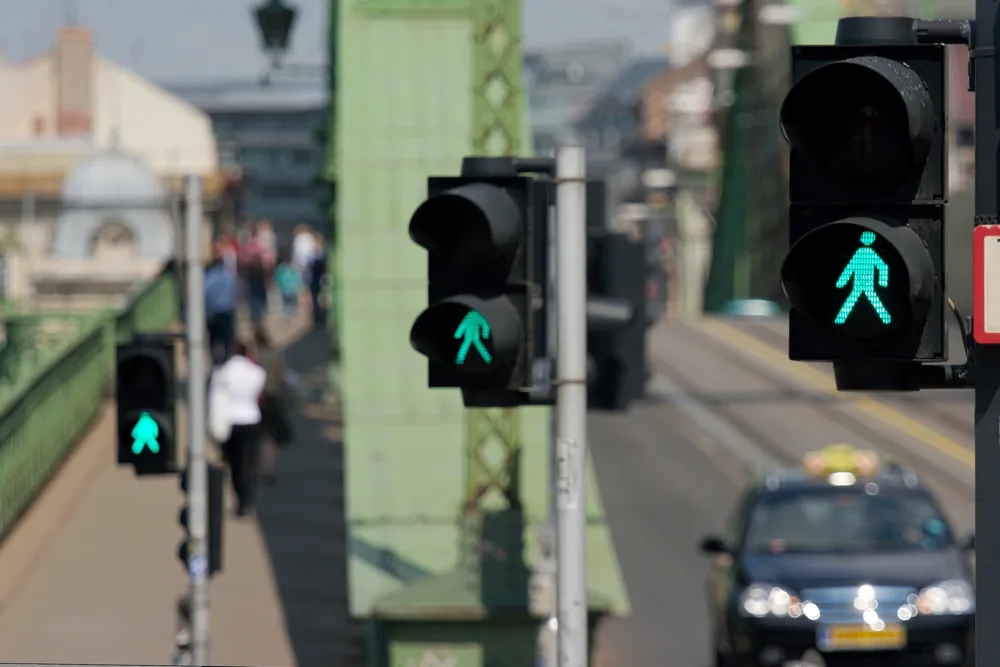Australia’s National Transport Commission (NTC) wants cooperative intelligent transport systems (C-ITS) technology to be considered in the country. In a recently-released discussion paper, the NTC states the technology, which allows vehicles and other parts of the road network to communicate, could save 300 lives on the nation’s roads each year. The paper discusses the technology that is currently being trialled in the US and Europe by auto manufacturers and governments to allow drivers to plan their trips
November 12, 2012
Read time: 2 mins
In a recently-released discussion paper, the NTC states the technology, which allows vehicles and other parts of the road network to communicate, could save 300 lives on the nation’s roads each year.
The paper discusses the technology that is currently being trialled in the US and Europe by auto manufacturers and governments to allow drivers to plan their trips to avoid heavy congestion, crashes or road works. It also looks at C-ITS applications including initiatives such as collision avoidance and rapid brake warnings, and tools to avoid the risk of collisions at upcoming intersections.
Warning systems can be activated to notify road users of changed traffic conditions, such as a train approaching a railway crossing.
NTC CEO Nick Dimopoulos believes C-ITS has the potential to revolutionise road safety.
“With road trauma in Australia currently accounting for 1,300 deaths each year, this technology has the potential to provide a leap forward in road safety,” Dimopoulos says. “So that Australia can harness the benefits of C-ITS technology, we need to start working through the implications now.”









